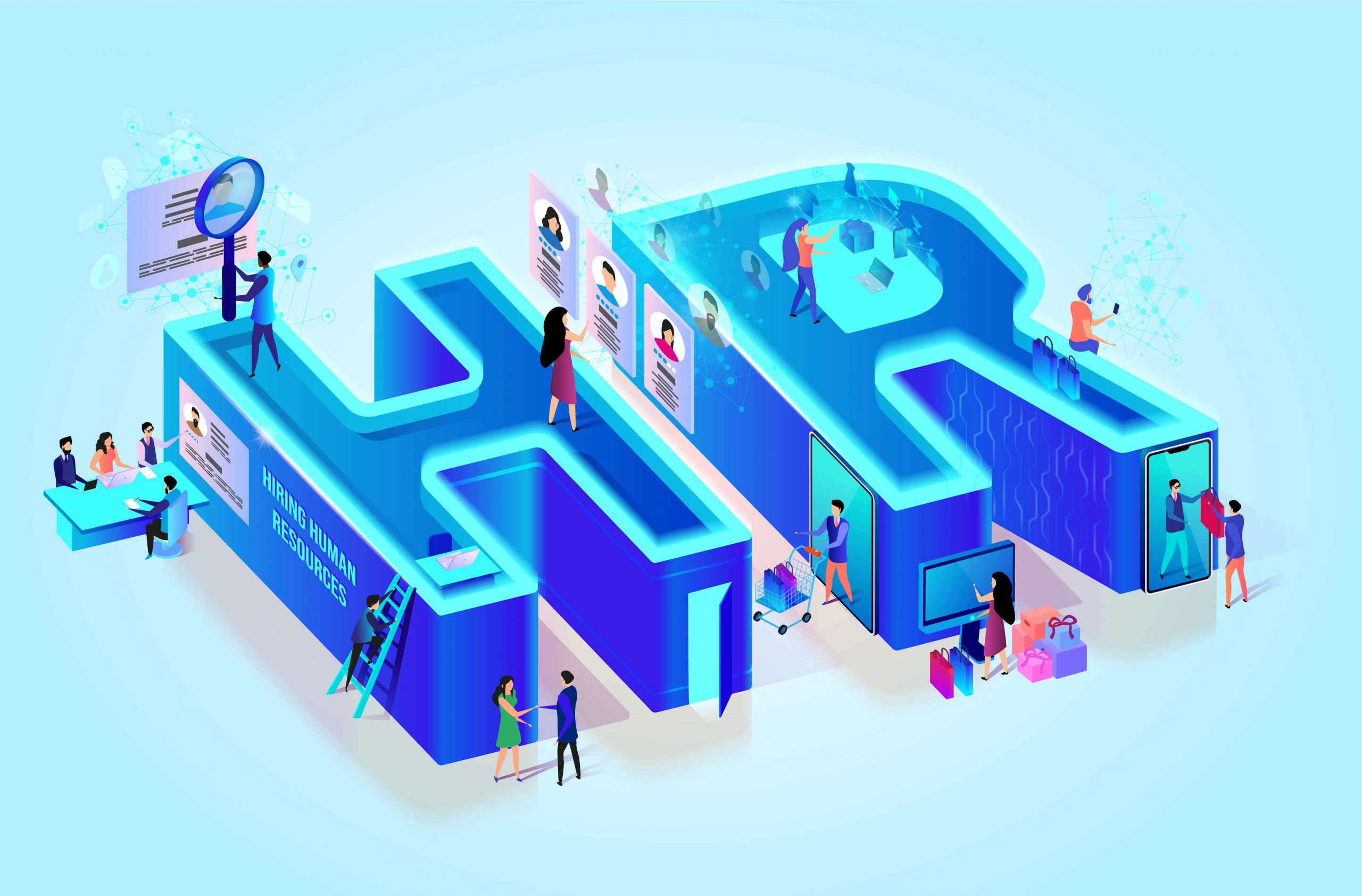HR isn’t just about compliance and paperwork anymore (thankfully!). In 2024, HR is a driving force behind business success. But are you ready for the changes ahead? Let’s dive into the top HR trends shaping the workplaces of tomorrow and how forward-thinking HR services can help you navigate them.
Trend #1: Employee Experience is Everything
It’s not a buzzword, it’s the cornerstone of attracting and keeping top talent. Think beyond perks:
- Flexibility Redefined: It’s not just where you work, but when and how. Hybrid isn’t going anywhere, but flexibility needs structure to avoid burnout or resentment.
- Purpose-Driven Work: Employees (especially younger generations) want to feel their work matters. Can your HR initiatives foster that sense of meaning?
- Growth, Not Just a Job: Are you investing in upskilling and development? Employees who feel stagnant are more likely to leave.
HR Services Angle: Providers can help design flexible work models, tailor employee surveys focused on experience, and source training programs that resonate with your team.
Trend #2: Data-Driven HR (With a Human Heart)
Data isn’t about Big Brother surveillance, it’s about smarter decisions!
- Predictive Analytics: Spot patterns early! Think turnover trends, identifying high-potential employees, or areas where burnout is brewing.
- Personalization: Use data to tailor benefits, development, and even communication styles. This makes employees feel seen and valued.
- Empathy + Data: The key is using data to improve employee experience, not just efficiency. Always connect the dots back to the human impact.
HR Services Angle: Look for providers who don’t just crunch numbers, but can translate data into actionable insights that support your employees.
Trend #3: Mental Well-being Takes Center Stage
Burnout is real, and it’s costing businesses dearly. Proactive well-being is essential:
- Destigmatizing Mental Health: Do your policies make it easy and safe to ask for help? Do managers have training in recognizing signs of struggle?
- Beyond EAPs: Think diverse support options: stress management workshops, flexible schedules to allow for therapy, mindfulness resources, etc.
- Well-being Built-In: Is your workplace culture fueling overwork? Proactive HR means addressing the root causes of burnout, not just the symptoms.
HR Services Angle: Providers can assist in crafting well-being policies, sourcing mental health resources, and even offering manager training focused on supporting employee well-being.
Trend #4: The Skills Gap Isn’t Going Away
Upskilling your existing workforce is often the smartest solution. Tech changes fast, but HR can future-proof your company:
- Skills Mapping: What skills do you have NOW, and what will you need? This identifies areas to focus training efforts on.
- Microlearning & Accessibility: Training shouldn’t be time-consuming or boring. Look for options that fit into busy schedules.
- Partnerships: Can you collaborate with educational institutions to create a talent pipeline? Apprenticeships are back!
HR Services Angle: HR providers can source innovative learning platforms, develop targeted training programs, and help you identify potential upskilling partnerships in your community.
Trend #5: The Rise of the Gig Economy (And HR’s Role)
Freelancing isn’t a side hustle anymore, it’s a major talent pool. Are you ready?
- Onboarding & Integration: How do you seamlessly bring gig workers into your projects and company culture?
- Compliance Complexities: Independent contractors have different legal requirements than regular employees – are your HR processes set up to handle this?
- Fostering Connection: Even remote, temporary workers should feel part of a team. HR can facilitate networking and knowledge-sharing for gig workers.
HR Services Angle: Providers can help craft onboarding processes tailored to gig workers, ensure compliance with evolving regulations, and offer creative solutions for keeping a dispersed workforce engaged.
Trend #6: Internal Mobility Gets a Spotlight
Hiring is expensive and time-consuming. Promoting from within boosts retention and morale:
- Skills Transparency: Do employees even know what opportunities exist within your company? HR can create skills databases and internal job boards.
- Career Pathing: Don’t wait for someone to ask! Proactive conversations about development keep employees engaged and invested in their future with you.
- Lateral Moves Matter: Growth isn’t only about promotions. Lateral moves to broaden skills are crucial, especially with flatter company structures.
HR Services Angle: HR providers can facilitate mentorship programs, source training aligned with internal career growth, and help with succession planning to identify potential stars early.
Trend #7: Social Responsibility in the Workplace
Employees (especially younger ones) care about your company’s impact on the world. HR has a role here:
- Values Alignment: Are your CSR initiatives reflected in recruiting and company culture, not just press releases?
- Diverse & Inclusive Hiring: DEI is key. Do your HR processes and outreach reflect a sincere commitment to building a diverse workplace?
- Empowered Employees: Can employees participate in volunteer initiatives or select causes the company supports? This builds a sense of shared purpose.
HR Services Angle: HR providers can source diverse job boards, offer training around unconscious bias in hiring, and help connect your company with social responsibility initiatives relevant to your employees and community.
Conclusion
HR in 2024 is challenging but incredibly exciting! It’s about empowering your people to be their best, fueled by data-driven insights, and building a workplace culture that values well-being. The right HR services partner isn’t just an outsourced task, but a strategic collaborator in shaping a workplace where both your company and employees thrive. And also with HR activities payroll needs to be on the track too. Ready to embrace the future of work?






